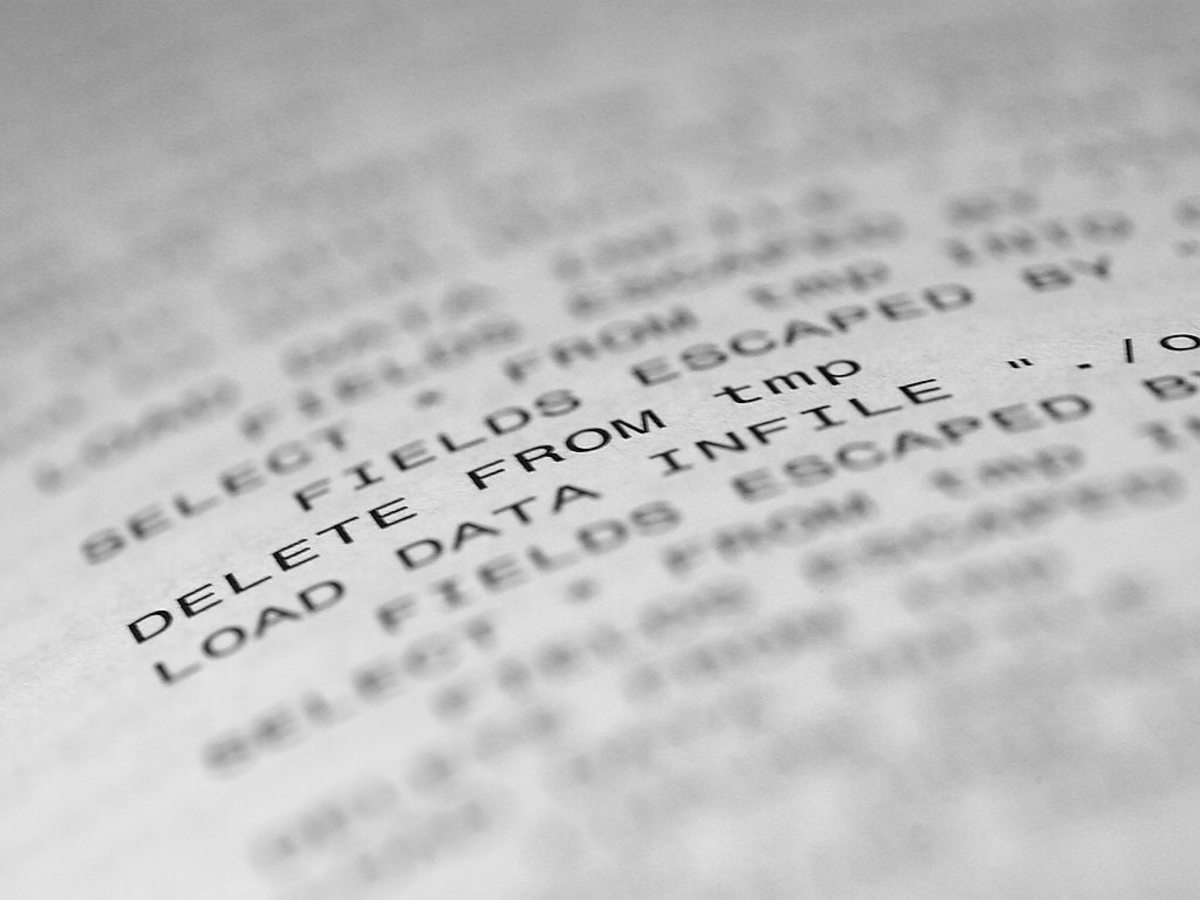Are eBooks & Online Textbooks Helpful?
I am a big fan of eBooks. I love them. I am constantly adding books to my Android phone through Kindle and Nook services. Having books on my phone saves space in my purse and makes good use of that expensive piece of technology that I almost never talk on. I have a Nook reader with the original black and white e-ink that I also adore. It is lovely to curl up with on the sofa, but it doesn't get toted around with me everywhere like my phone.
While I enjoy my stand alone eReader, I will not ever purchase another. There is no point. With the advancements of smartphones, there's no call to carry multiple devices around that will perform the same functions, especially if people like me are willing to pay full (or close to) price for the latest and greatest technology that fits in my pocket. I am much less inclined to spend on additional devices that take up three times the space and do significantly less. Even the Kindle Fire or any other tablet style device is unattractive to me. I just don't want to carry it around.
Buying a textbook in an eBook format, at first sounded great. Sometimes it can save some money. However in most cases, the eBook costs the same amount as a new paperback version of the textbook and is quite restrictive in how, where, and when it can be read.
The Downloadable eBook
This kind of eBook was easiest to swallow, but still prevented me from reading as much as I would have had my book been paperback. I purchased it through the Barnes & Noble website for my Nook, but after downloading, it wasn't readable on the device. I had to download the Nook Study software on my PC in order to view the book at all. What I thought would be convenient was not. I try very hard to keep myself off the computer when I need to study. I'm an avid gamer and am easily distracted by the shortcuts on my task bar (*cough, cough, Skyrim.) I registered the book to my desktop, and laptop so that regardless of what machine my husband was using for games, I could still have access to my reading.
I was able to keep myself from browsing the web by disabling my network connection and get some small amount of reading done. The Nook Study software allowed full view of what you'd expect out of a textbook: pictures, diagrams, graphs, etc. It wasn't simply text like traditional EPUB files. But not having it on my phone or Nook made it lack the portability I was looking for.
I get most of my reading done on the bus or train ride during my work commute. My busy schedule leaves little time at home for studying. I don't carry our laptop with me. It's an awfully large and expensive device to have to carry around for one book. A few semesters ago I spent less than $250 a 10" netbook for taking notes in class, hoping it would also work well for eBooks someday. I am always paranoid about things being stolen and thought this was a reasonable investment. It turns out a 10" screen was not even close to being large enough to read the textbook. I was constantly scrolling in every direction. I could zoom out to take in more, but the font was simply too small when I did so. It was cumbersome to use for the book, but marvelous for writing and taking notes.
Overall, I got less reading done than I would have using a paperback textbook and didn't save any money with this eBook. It was difficult to keep myself tethered to the computer for reading.
The Online eBook
The second type of eBook I have used was entirely online. This textbook cost me half as much as a paperback would have being only $80. It seemed well worth it at the time of purchase. Our instructor recommended it for this reason, and structured lectures so that we would not need to bring a copy of the book to class. It was available in Kindle format for $160, but after my experience with Nook Study, I decided to go with the cheaper version. Wow, was that ever a mistake.
I thought I could overcome the annoyance of the text being entirely online, that it would be worth saving $80. That assumption was wrong. I was not able to do any reading on my daily commute. The log in process to access the book was excruciatingly slow. The page views were tiny, response time in flipping through pages and chapters was slow. The website would require two tabs open in one window while the text itself would be opened in another window that always appeared off to the side and required dragging back to where it could be read and couldn't be resized. If I got up from the desk for more than 5 minutes, the website would log me out and I'd have to start all over again. Without any exaggeration, the experience was so obnoxious that I didn't do any reading at all after the first two chapters. I considered the book a waste of what I'd spent on it. My grade did suffer because of my refusal to read, and I wished for a text that I didn't find absolutely frustrating. I almost spent the $160 for a paperback edition but decided halfway through the course that I was getting an adequate enough grade to do without.
Conclusion
From my experiences, I have decided the most economic decision I can make for myself is to purchase a used paper copy of future textbooks. What I originally assumed would allow me more flexibility has proven not to. A traditional book, weighing 3lbs or more, is far more convenient to read and carry with me than trying to fit any course eBook reading into my schedule.
I hope this helps anyone trying to make the decision about whether to go with an eBook or traditional text for their coursework.








